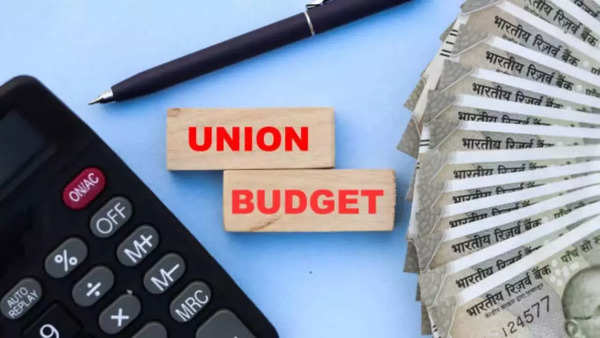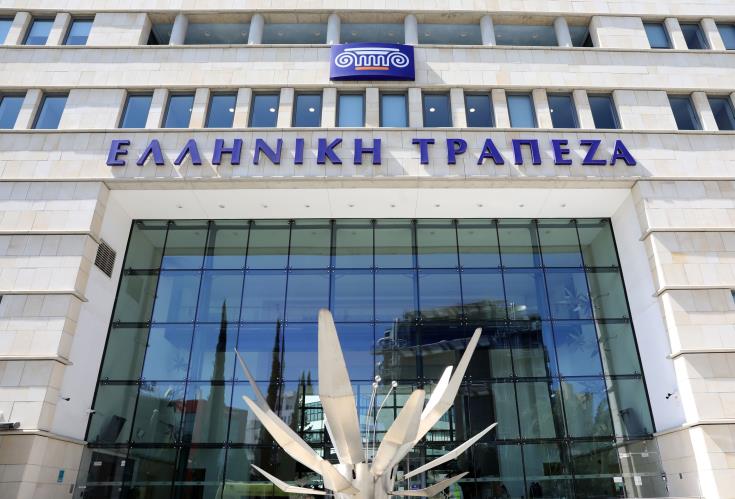As Finance Minister Nirmala Sitharaman prepares for the upcoming Union Budget, the micro, small, and medium enterprises (MSMEs) are hopeful that the government will prioritize and promote their sector. The Finance Minister will present the Union Budget for 2024-25 on July 23, in her third straight term this year.
The MSME industry has urged the government to provide mechanisms to ease credit and financing, facilitate skill development, reduce compliance costs, and provide incentives to adopt cutting-edge technologies, among other requests.
“The interest rate for MSMEs should be brought to par with housing loans; this will enable them to upgrade their technology, skilled labor, and infrastructure,” said Dr. Vijay Kalantri, Chairman of the World Trade Centre Mumbai and President of the All India Association of Industries (AIAI), who was part of the delegation that met the Finance Minister during the pre-budget deliberations.
Adding to the need for funding and support, Gurmit Singh Arora, National President of the Indian Plumbing Association, said, “The corpus under the Emergency Credit Line Guarantee Scheme was expected to be further extended till at least March 2026, with another Rs 75,000 crores. This would provide much-needed liquidity support to the MSMEs who are, probably, the only entities still reeling from the pandemic.”
“One of the big expectations would be a reduction in compliance costs for MSMEs, usually a reason why most shun formal financing. We will look to see at least 75 lakh MSMEs onboarded onto the Government e-Marketplace portal with measures towards ensuring timely payments; this may help unlock an estimated — lakh crore that gets stuck in delayed payments,” he further added.
The MSME sector has significantly contributed to the country’s GDP over the years. The share of MSME Gross Value Added (GVA) in India’s GDP stood at 29.7 percent in 2017-18, increasing to 30.5 percent in both 2018-19 and 2019-20. Despite the challenges posed by the pandemic, MSMEs managed to sustain a contribution of 27.2 percent in 2020-21, which rose again to 29.1 percent in 2021-22, as per the official estimate of the MSME Ministry.
Understanding Lease in Business Context
In light of these developments, it’s crucial for MSMEs to understand various financial mechanisms available to them, including leases. But what is a lease? A lease is a contractual agreement where one party (the lessor) allows another party (the lessee) to use an asset for a specified period in exchange for periodic payments. This arrangement can be particularly beneficial for MSMEs looking to upgrade their technology or infrastructure without significant upfront costs.
The lease definition extends beyond just property; it can include machinery, vehicles, and even software. The lease meaning in a business context is essentially about leveraging assets without ownership, thereby preserving capital and improving cash flow. Understanding these nuances can help MSMEs make informed decisions about their financial strategies as they navigate through these challenging times.
The Ministry of MSMEs was allocated Rs 22,137.95 crore under the interim Budget 2024-25 for implementing various schemes and technology upgrades. This allocation could potentially include support for leasing options, providing MSMEs with more avenues to grow and thrive.






